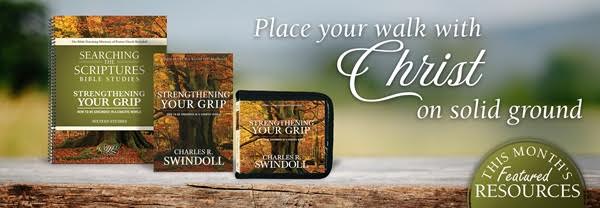Many people live under the impression that work is a curse. Some even attempt to quote Scripture to support their position that work is the sad consequence of Adam’s fall in the garden of Eden. Wrong! Before sin ever entered the world, before Adam’s disobedience subjected the world to the consequences of sin, and when total innocence still prevailed, God assigned humanity the task of cultivating the garden, filling the world, and ruling over the earth (Genesis 1:28; 2:15).
Labor is not a curse. On the contrary, it is a gift from God. He gave humanity the honor of becoming His vice-regents over the earth. The fall of humanity, however, transformed work into toil. When God confronted Adam, whom He held responsible for the couple’s sin, God pronounced several curses. One such pronouncement concerned the ground:
Then to Adam He said, “Because you have listened to the
voice of your wife, and have eaten from the tree about which
I commanded you, saying, ‘You shall not eat from it’;
Cursed is the ground because of you;
In toil you will eat of it
All the days of your life.
Both thorns and thistles it shall grow for you;
And you will eat the plants of the field;
By the sweat of your face
You will eat bread,
Till you return to the ground,
Because from it you were taken;
For you are dust,
And to dust you shall return.” (Genesis 3:17-19)
The English term curse is far too tame a rendering of the Hebrew verb arar, which means “to bind (with a spell), hem in with obstacles, render powerless to resist.”1 God warned Adam and Eve that disobedience would bring about death, that sin would result in unwanted consequences. When they disobeyed, creation began the long, slow, agonizing death that continues today (Romans 8:19-22). The world became twisted, order became disorganized, relationships suffered strife, and work became toil. Whereas God created the earth to respond to the cultivating hand of humanity, now everything resists our subduing. If weeds don’t choke out our crops, pests try to eat them before the harvest.
The curse that followed the fall is also behind the hassles—the thorn-and-thistle-like irritations—that now frustrate one’s work. Work itself is a privilege. It is also a challenge to indolence, an answer to boredom, an opportunity for personal growth and development, and a worthy place to invest one’s energy. And, perhaps most important of all, work provides for our physical needs.
- Victor P. Hamilton, “168 arar,” in Theological Wordbook of the Old Testament, ed. R. Laird Harris, Gleason L. Archer Jr. and Bruce K. Waltke, (Chicago: Moody Press, 1999), 75.
From Living the Proverbs by Charles R. Swindoll, copyright © 2012. Reprinted by permission of Worthy Inspired., an imprint of Hachette Book Group, Inc.
Used with permission. All rights reserved.
Listen to today's broadcast of Insight for Living with Chuck Swindoll at OnePlace.com.
Visit the Bible-teaching ministry of Chuck Swindoll at www.insight.org.




